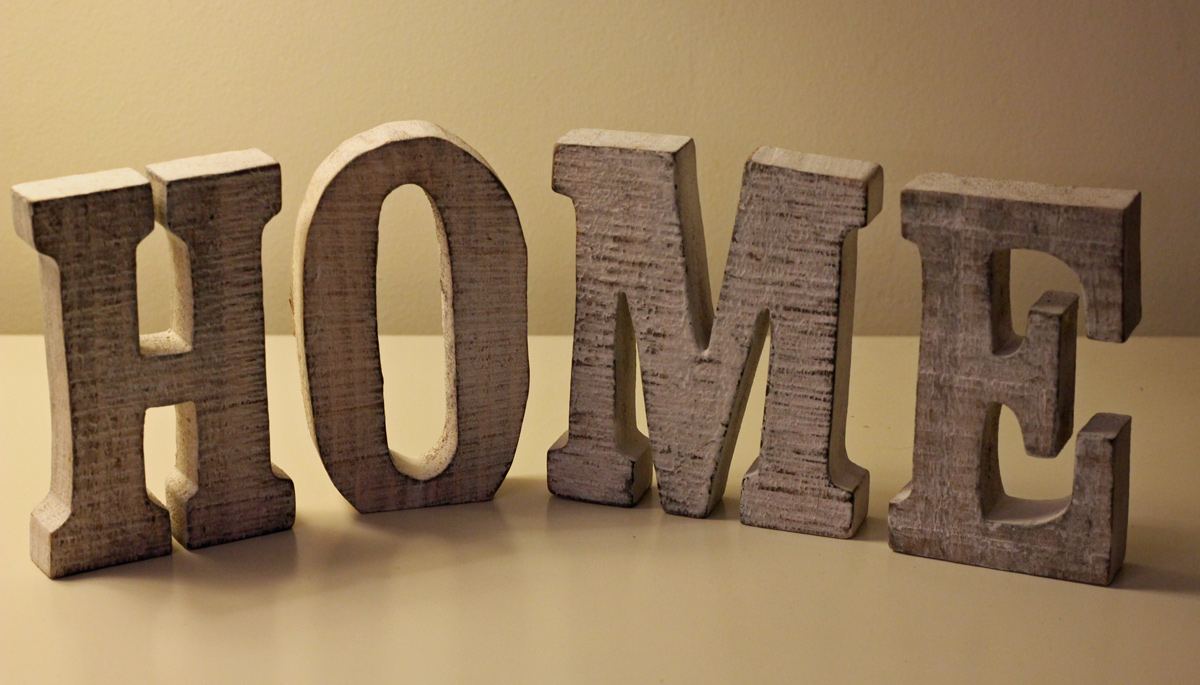The English word “home” meant originally simply the house in which one dwelt an abiding place, or dwelling place. But today it means much more than this, and stands for all that is best in family fife.
When a man thinks tenderly of his home, he is not thinking merely, or indeed mainly, of a particular material house, but of his family, in which his warmest affections, his dearest ambitions, and his tenders memories are centered.
ADVERTISEMENTS:
When he is young, home is wherever his father and mother, and brothers and sisters are; and when he is older, wife and children are home to him.
This sentiment of home was expressed (and intensified in the expression) for English folk by John Howard Payne’s well-known song, “Home, Sweet Home”, which at once became, and still remains, one of the most popular of English songs.
What added to the pathos of the song was that poor Payne, when he composed it, was himself a homeless beggar, who tried to earn a few pence by singing it and selling copies of the words in the streets. Because English people are great home-lovers, they are sometimes moved to tears when they hear this simple song in a foreign land.
But although this larger meaning of the word “home” is comparatively modern, the sentiment itself is very ancient. The war-cry of the old Romans when they went into battle was “For our altars and our hearths”; that is, they fought in defense of their religion and their homes. And the sentiment is universal.
ADVERTISEMENTS:
It is sometimes pointed out that the French have no word in their language corresponding to the English word “home”. But this does not mean that they have no homes, and no love of home. In fact, like all human beings, they have both; for love of home is deep-seated sentiment of human nature.
The word ‘ home” is often still farther enlarged to mean one native land. To an Englishman exiled in a foreign country, “home is England; and when he talks of “going home”, he means going back to England, where is the home of his childhood.
Hence love of home means the noblest form of patriotism. Indeed patriotism, the love of one’s native country, has grown out of the domestic love of home; for the family came first in history, and then the nation which is a federation of families.
Men first learnt to love their homes, and then extended that home love to include their country, which was made up of the homes of all their fellow- citizens.

